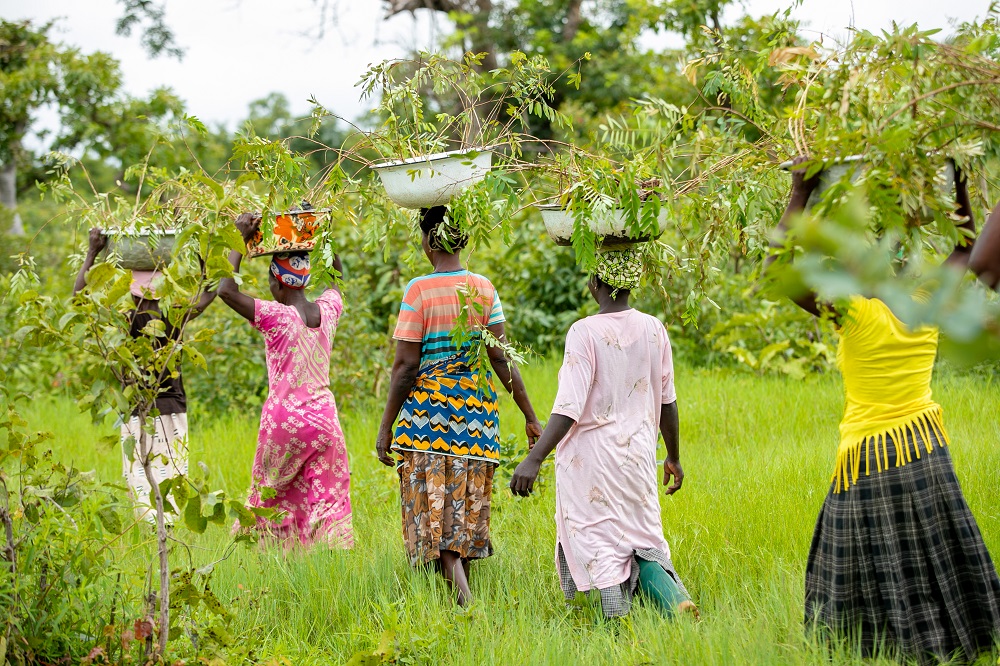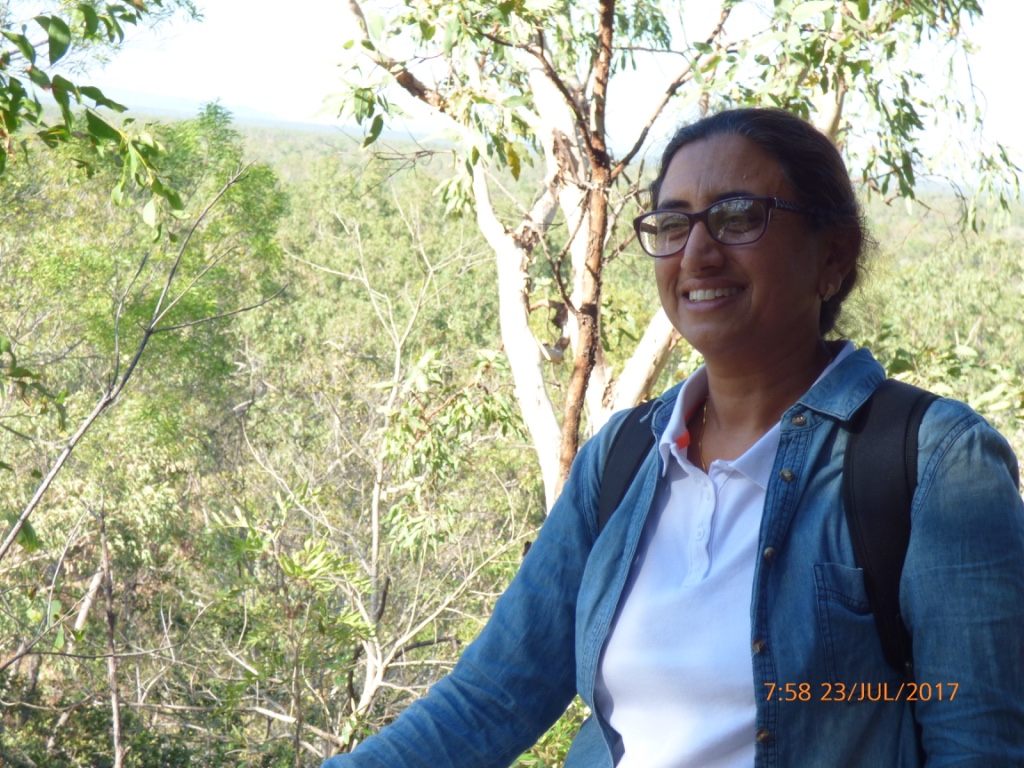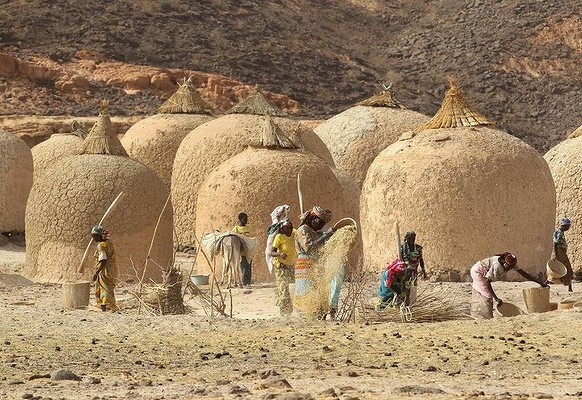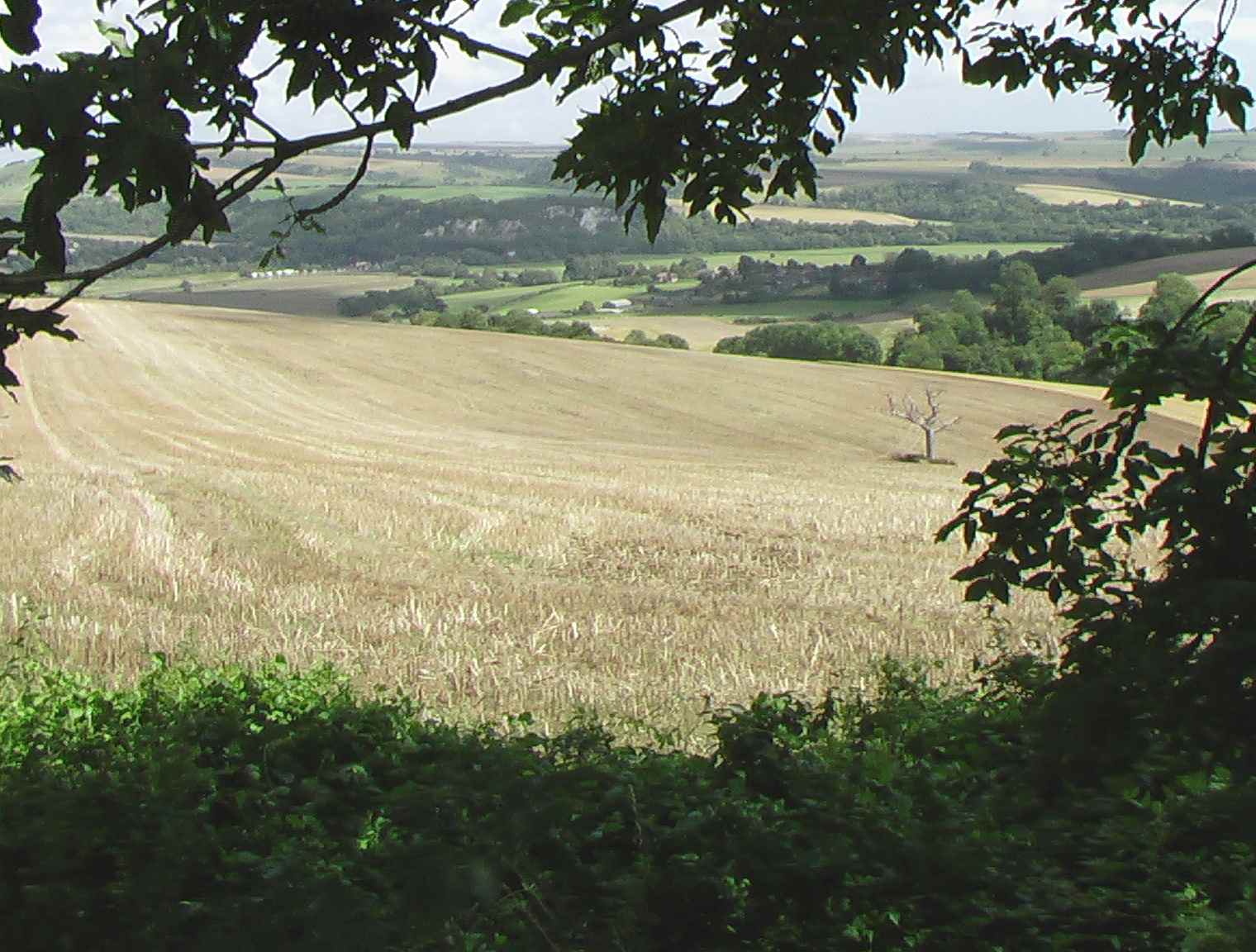IUCN CEESP Local Economies, Communities and Nature Specialist Group

Overview and description
- Description:
-
The IUCN CEESP Local Economies, Communities and Nature Specialist Group acts as a CEESP focal point for people with an interest in the application of socio-economic concepts and methodologies to the ...
Group leadership
Mr Nicholas CONNER
Dr Kamaljit SANGHA
Individuals, communities, economies and society in general interact with the natural environment in a variety of ways to obtain goods and services to satisfy physical, social and cultural needs. This interaction involves the use of generally scarce resources such as time, labour, savings, land and biodiversity in differing combinations at different times. Human interactions with nature also involve issues such as access, rights, and distribution of benefits and costs between individuals, communities, nations, and over generations.
Economic perspectives can provide valuable insights into the relationship between people and nature, such as how the perceived economic value of entities influences choices about their use, and how the direct and indirect costs and benefits of resource use are distributed.
For example, a value chain approach can be used to examine how different parties use their position in the value chain to influence the levels and distribution of costs and benefits, and what percentage of final revenue is returned to different parties in the value chain. Rural development strategies are often concerned with ways that primary producers in small rural economies can capture more value through greater collaboration (e.g. through seed, fertiliser and marketing cooperatives), and diversifying into more value-adding activities in the value chain.
Economics can also provide insights into how small local economies can capture more direct and flow-on benefits from their economic activity (e.g. horticulture, animal and crop production, fishing, nature-based tourism). Many small economies are not diverse enough to supply all the products needed by their populations, and have to import these goods and services, often at high cost. Economic analysis can help to identify ways in which local communities can capture more of the benefits of their own economic activity, with flow-on benefits for other businesses, and employment and household income effects, before they leak out to the local economy. Analysts would be interested in how the economic benefits of goods and services based on primary products (e.g. fisheries, crop production, horticulture) can be retained longer in local economies.
Research from members of this Specialist Group focuses on how economic approaches can be used to explore the relationship between small-scale primary producers and nature, to help inform strategies for increasing social and economic wellbeing and sustainable rural development.
Areas of Focus
The initial focus of Specialist Group is rural communities, including indigenous communities, and small island states and territories, operating at the subsistence/ household and hybrid economy scale. Such communities may be in developing countries (e.g. Bribri communities in Costa Rica) and in developed countries (e.g. Aboriginal communities in Northern Australia). This focus is based on 4 priority activities
Information provision:
This priority area involves the LECN SG acting as a resource focal point providing information and advice to other CEESP groups about the application of economic perspectives to issues affecting the relationships between small rural and island communities and economies and nature.
Link with IUCN projects and Commission members:
To act as a link between IUCN staff involved in programs affecting small rural communities and economies (e.g. Forest Poverty Toolkit/ Participatory Forest Dependency Assessment Toolkit), CEESP knowledge baskets (PIN and NRGF), other CEESP specialist Groups/Themes, and certain IUCN commission members, who may be able to apply the expertise and information available from the SG to their own circumstances.
Capacity building:
Where possible, to assist in building skills and abilities in applying economic perspectives to projects that relate to interaction between communities, economies and nature among staff in conservation and natural resource management agencies.
Advocacy:
To encourage the uptake of microeconomic perspectives relating to relationships between small communities and economies and nature among the IUCN community, conservation agencies and decision-makers generally. Where resources are available, to provide advice and assistance to agencies wishing to carry out advocacy themselves. Where possible, to assist in building skills and abilities in applying economic perspectives to projects that relate to interaction between communities, economies and nature among staff in conservation and natural resource management agencies.
Projects and Initiatives
LECN has two sub-groups that fall within the Specialist Group:
1. CEM-CEESP Task Force on Natural Capital Policy
The task force aims to progress IUCN resolution 120 2021, Towards a Policy on Natural Capital, by clarifying the range of representative perspectives and arguments held by IUCN CEM and IUCN CEESP members on the subject of natural capital, natural capital accounting, and biodiversity accounting. The Task force will identify areas of potential consensus and divergence, and present these views as coherent arguments that can be used to develop a workable IUCN policy on natural capital.
2. Working Group on Ecosystem Services and Indigenous Peoples and Local Communities
The objective of this working group is to produce a document identifying some key issues in the relationship between indigenous communities and ecosystem services. The document should identify and recommend practical actions that government agencies, NGOs and non-government agencies such as the World Bank, IUCN, UN, etc. can take to support and improve the wellbeing of indigenous communities managing ecosystems for their own, and others’, benefits. Actions could include measures to ensure appropriate property rights for open access goods, removal of market distortions and barriers to entry in accessing ecosystem services, and promoting local entrepreneurship through business management training.
Over the next 4 years the Specialist Group will:
- Provide a forum for publications
- Contribute to Policy Matters
- Provide Input to other knowledge products
- Organise workshops on sustainable rural economic development at major environmental conferences/congresses.
Programme Experts
It is suggested that the Specialist Group will be of interest to people with expertise and practical experience in the following fields.
- Agricultural economics
- Agricultural and rural development specialisation
- Environmental economics
- Agronomy/ farming system specialism
- Economic anthropology
- Agro-ecology
- Economic geography




